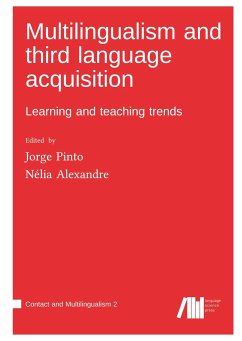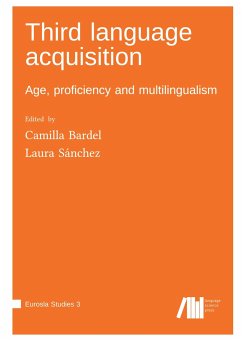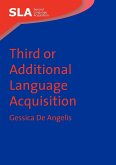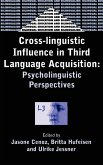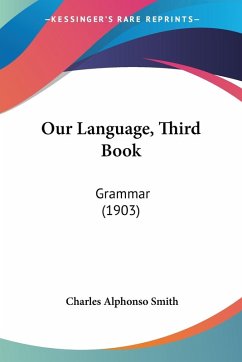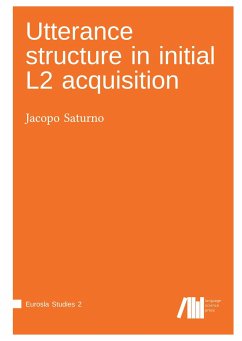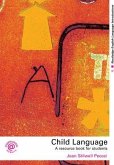The purpose of this book is to present recent studies in the field of multilingualism and L3, bringing together contributions from an international group of specialists from Austria, Canada, Germany, Portugal, Spain, Switzerland, Turkey, and United States. The main focuses of the articles are three: language acquisition, language learning and teaching. A collection of theoretical and empirical articles from scholars of multilingualism and language acquisition makes the book a significant resource as the papers present a wide perspective from main theories to current issues, reflecting new trends in the field. The authors focus on the heterogeneity and complexity that characterize third language acquisition, multilingual learning and teaching. As the issues addressed in this book intersect, it represents an asset and therefore the texts will be of great relevance for the scientific community. Part I presents different topics of L3 acquisition, such as syntax, phonology, working memory and selective attention, and lexicon. Part II comprises texts that show how the research on language acquisition informs pedagogical issues. For instance, the role of the knowledge of previous languages in the teaching of L3, the attitudes of multilingual teachers to plurilingual approaches, and the benefits of crosslinguistic pedagogy versus classroom monolingual bias. In sequence, Part III consists of texts on individual learning strategies, such as motivation and attitudes, crosslinguistic awareness, and students¿ perceptions about teachers¿ ¿plurilingual nonnativism¿. All these chapters include several different languages in contact in an acquisition/learning context: Basque, English, French, German, Italian, Ladin, Portuguese, Russian, Spanish, and Turkish.
Hinweis: Dieser Artikel kann nur an eine deutsche Lieferadresse ausgeliefert werden.
Hinweis: Dieser Artikel kann nur an eine deutsche Lieferadresse ausgeliefert werden.

